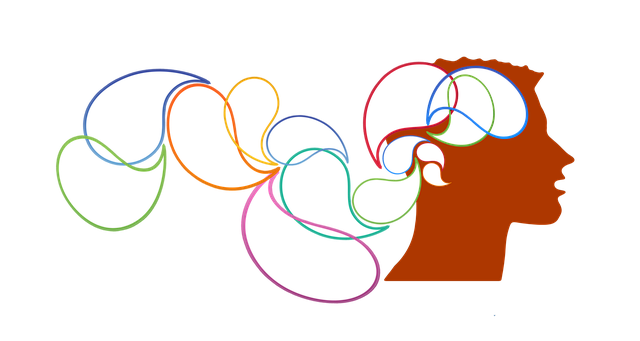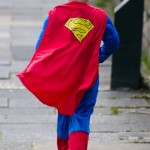(Image by Gerd Altmann from Pixabay)
Many years ago I participated in an excellent professional development class called Cognitive Coaching. Over several weeks we learned ways to coach mentees, such as National Board candidates, as they plan, execute, problem-solve, and reflect about their practice. Beyond professional work, I’ve used the coaching techniques to help friends grapple with events in their own lives and to coach myself on my own path forward.
In order to better meet our mentees where they are, we learned how to identify and tap into teachers’ beliefs about the ultimate goals of education and how those beliefs influence their decision-making. The workbook for the training (Cognitive Coaching Foundation Seminar Learning Guide 8th edition by Arthur Costa and Robert Garmstom) provides a pretty solid summary of the most common teacher belief systems:
1) Cognitive Processor: “Develop students’ ability to think clearly, use intellectual reasoning to solve problems, and make rational decisions.”
2) Self-actualization: “Nurture the individual child’s unique potential to allow full development of his or her creativity and sensitivity, and encourage personal integrity, love of learning, and self-fulfillment.”
3) Technologism: “Diagnose the learner’s needs and abilities, and design instructional strategies that develop skills and competencies in a step-by-step, sequential manner.”
4) Academic Rationalism: “Transmit to young people the basic knowledge, skills, academic concepts, and values necessary to interpret, participate in, and be a contributing citizen in a democracy.
5) Social Reconstructionism: “Create an intense awareness of the critical social and environmental issues, and develop a consciousness of responsibility and reform to ensure the survival of society.”
If you’re in education, and even if you’re not, you probably see your own beliefs about teaching expressed strongly in one or two of these categories, a little in some others, and there might be one or two that you oppose. My own beliefs align strongly with 1) and 2) and somewhat with 4); 3 seems more of a tool than a goal; and 5) seems like the gateway to indoctrination.
These days, in the face of so much social discord over technical, biological, financial, and environmental issues, I find myself imagining parallel belief systems for my friends, journalists, scientists, politicians, and policy-makers. For example, one journalist may believe strongly in developing the reader’s ability to think clearly, use intellectual reasoning to solve problems, and make rational decisions. Another may believe their role is to create an intense awareness and consciousness of responsibility to ensure our survival.
Ironically, when I read fine opinion writers like conservative Kevin Williamson and liberal Matt Taibbi, whose goal I assume to be is social reconstruction, I find myself thinking more clearly and improving my intellectual reasoning. But when I listen to the legacy media, who are forever saying things like, “We challenge our audience with fair and balanced reporting.” I find myself thinking that the only thing they challenge their audience to do is become more entrenched and invested in their bias.
If what teachers, journalists, scientists, etc. project to their audiences reflects their goals, as informed by their belief systems, their audiences in turn filter what they receive through their own. Now, all that is pretty obvious, but how often does anyone take the time to explicitly evaluate the influence their beliefs on their message or their filters?
In interviews, debates or protests (peaceful and violent), adversaries tend to demonstrate conditioned responses more than reflexive or original thought. Think about it. Couldn’t you write a fairly close transcript right now of the report you won’t hear until tonight about Critical Race Theory in the schools, vaccination mandates, or any other hot button issue?
I knew when I sat down to write that this post was going to be fairly pedantic, and I apologize. But my reaction to nearly every story I read about and beyond education, is, “Here we go again,” and I want to find a better way to interpret current events and the means by which I learn about them. And that may mean reviewing and revising my own beliefs about and beyond education and based on that asking what it would take to mediate my opinions.









